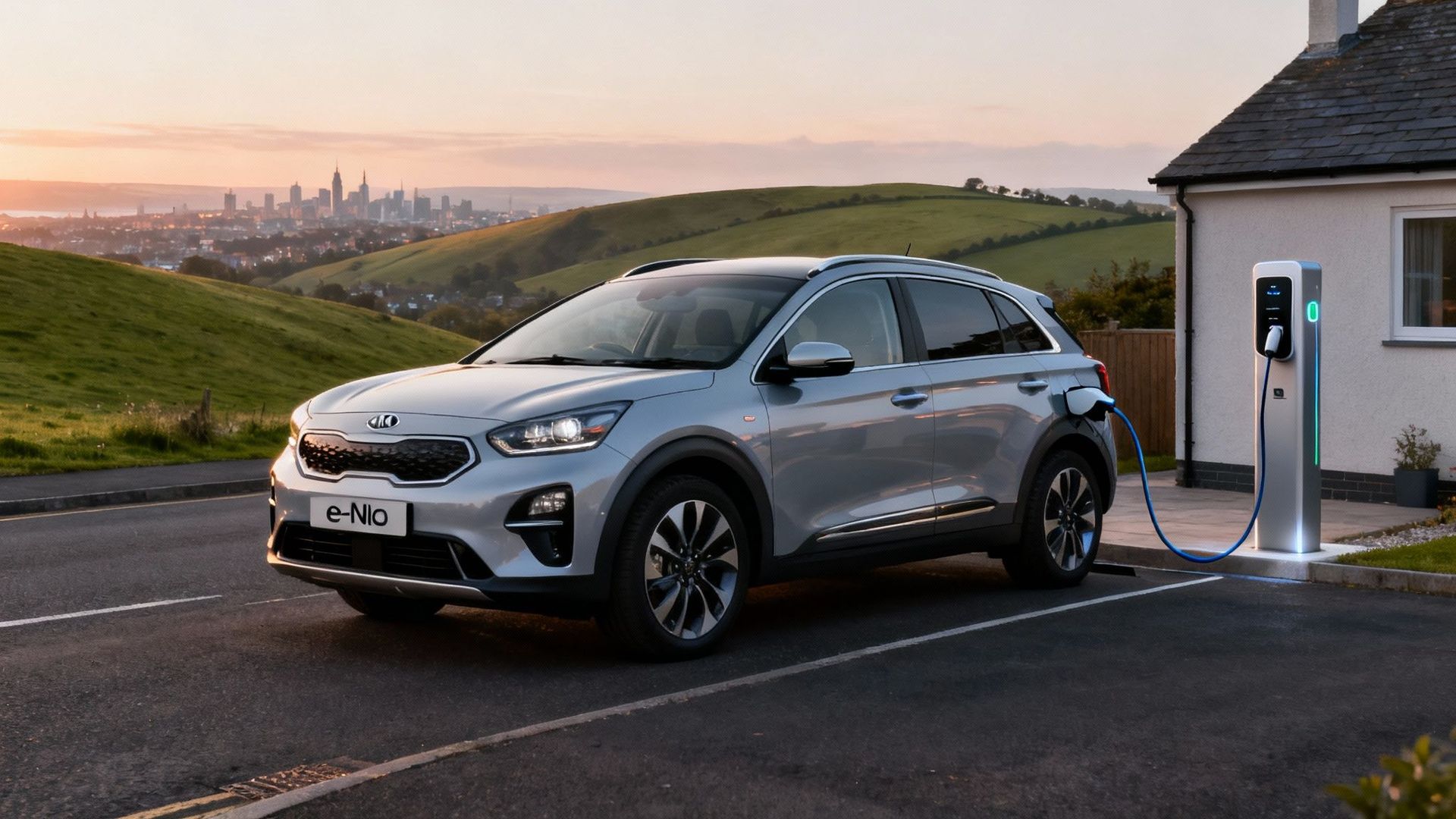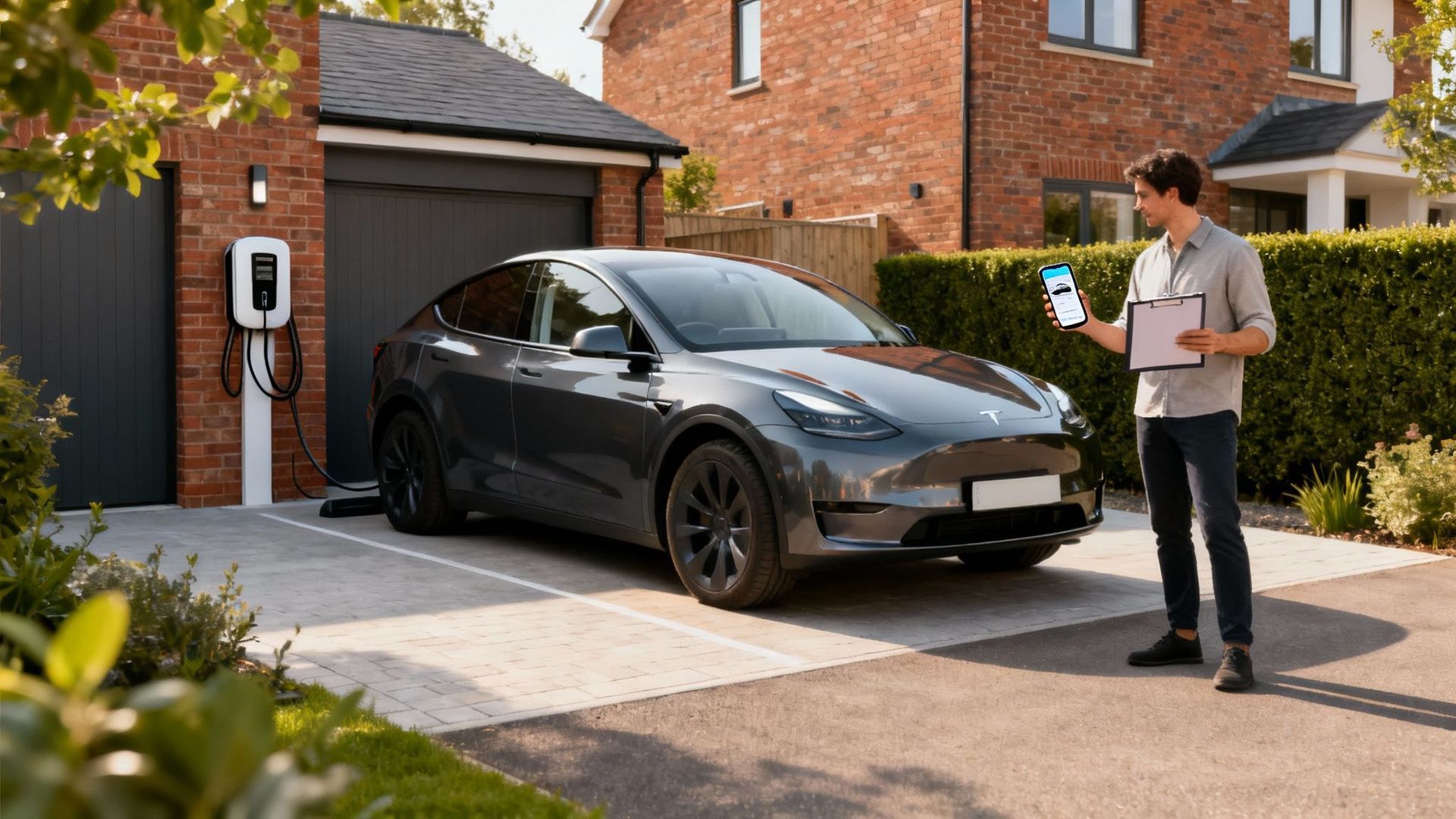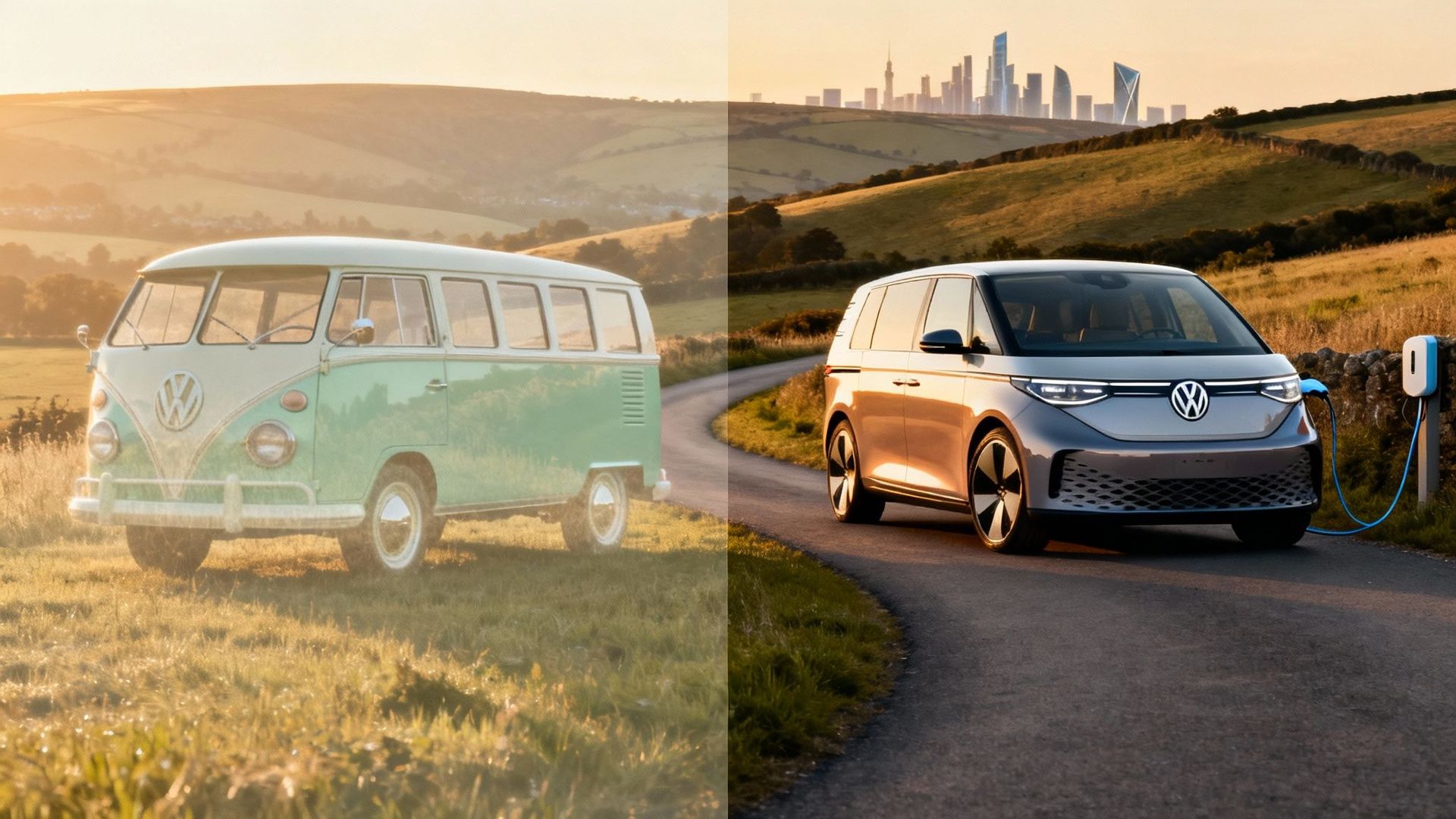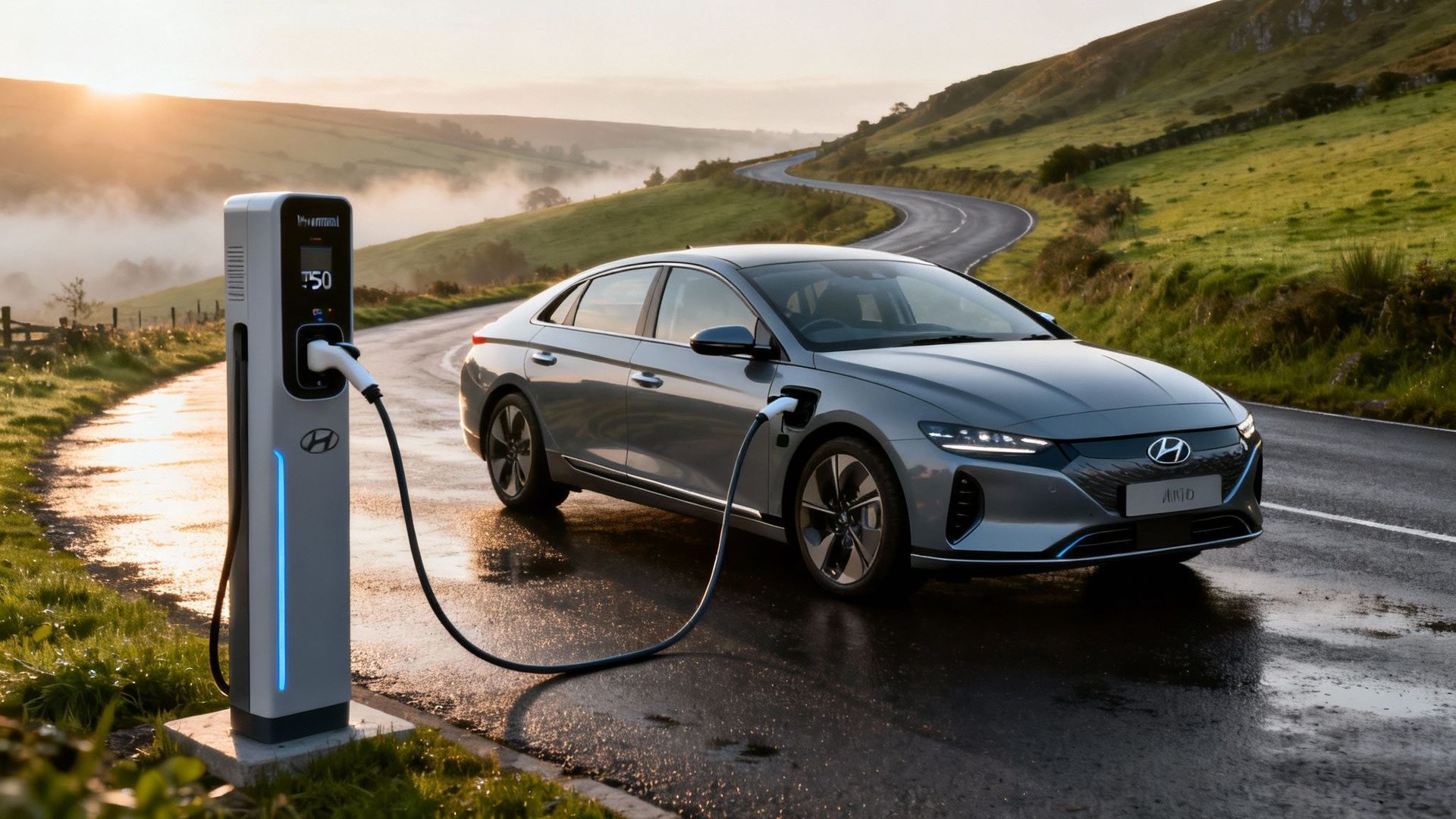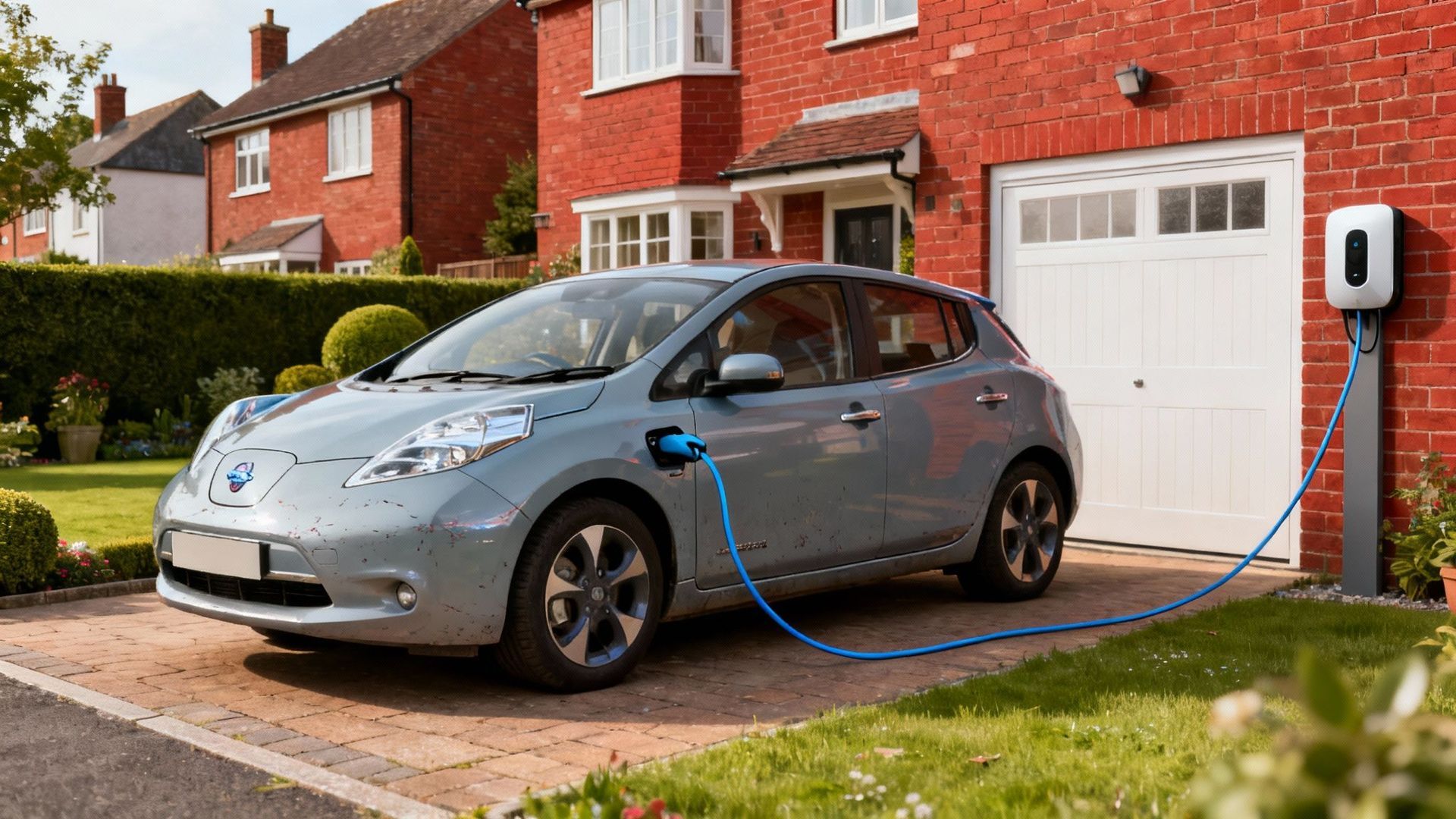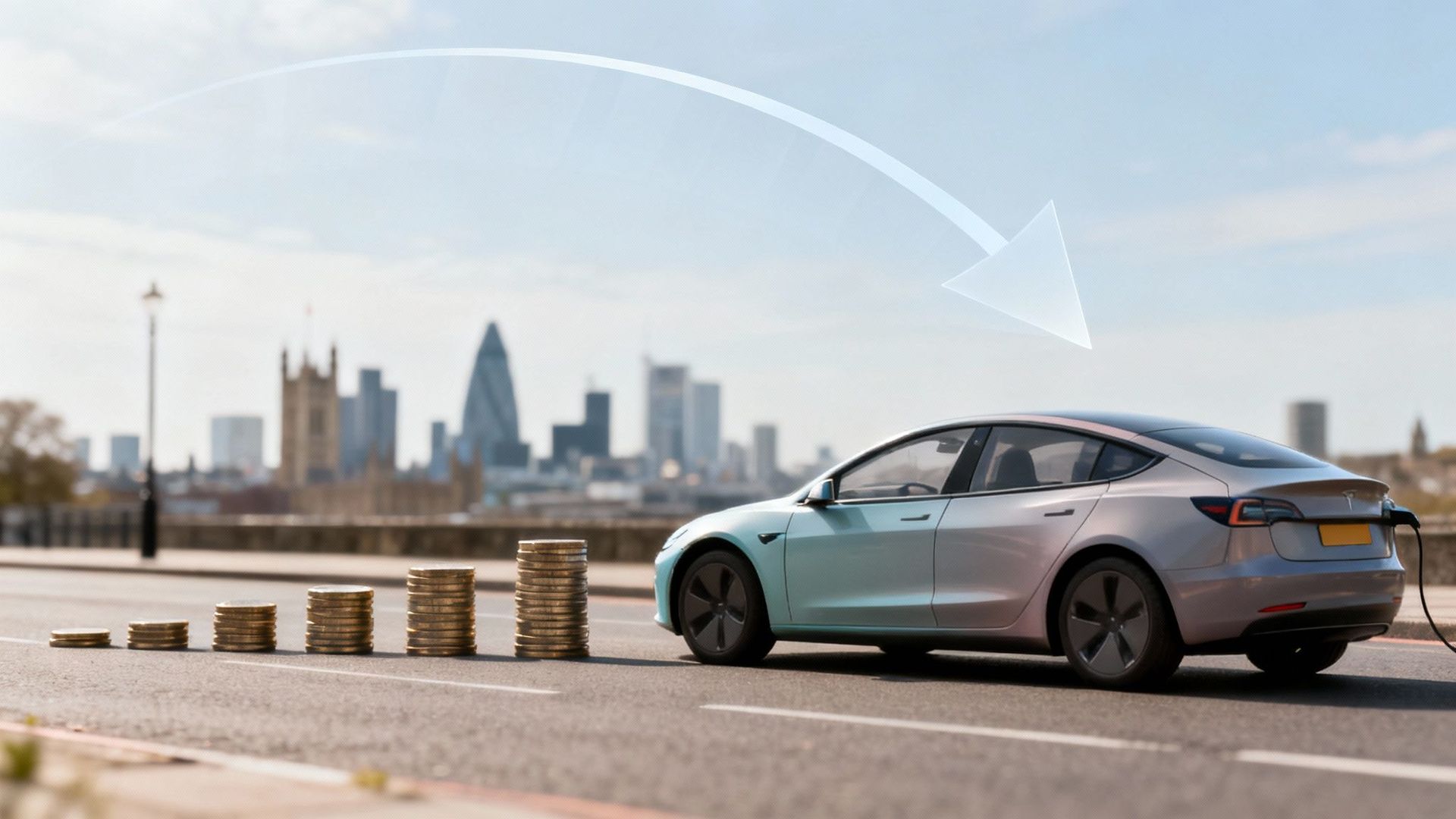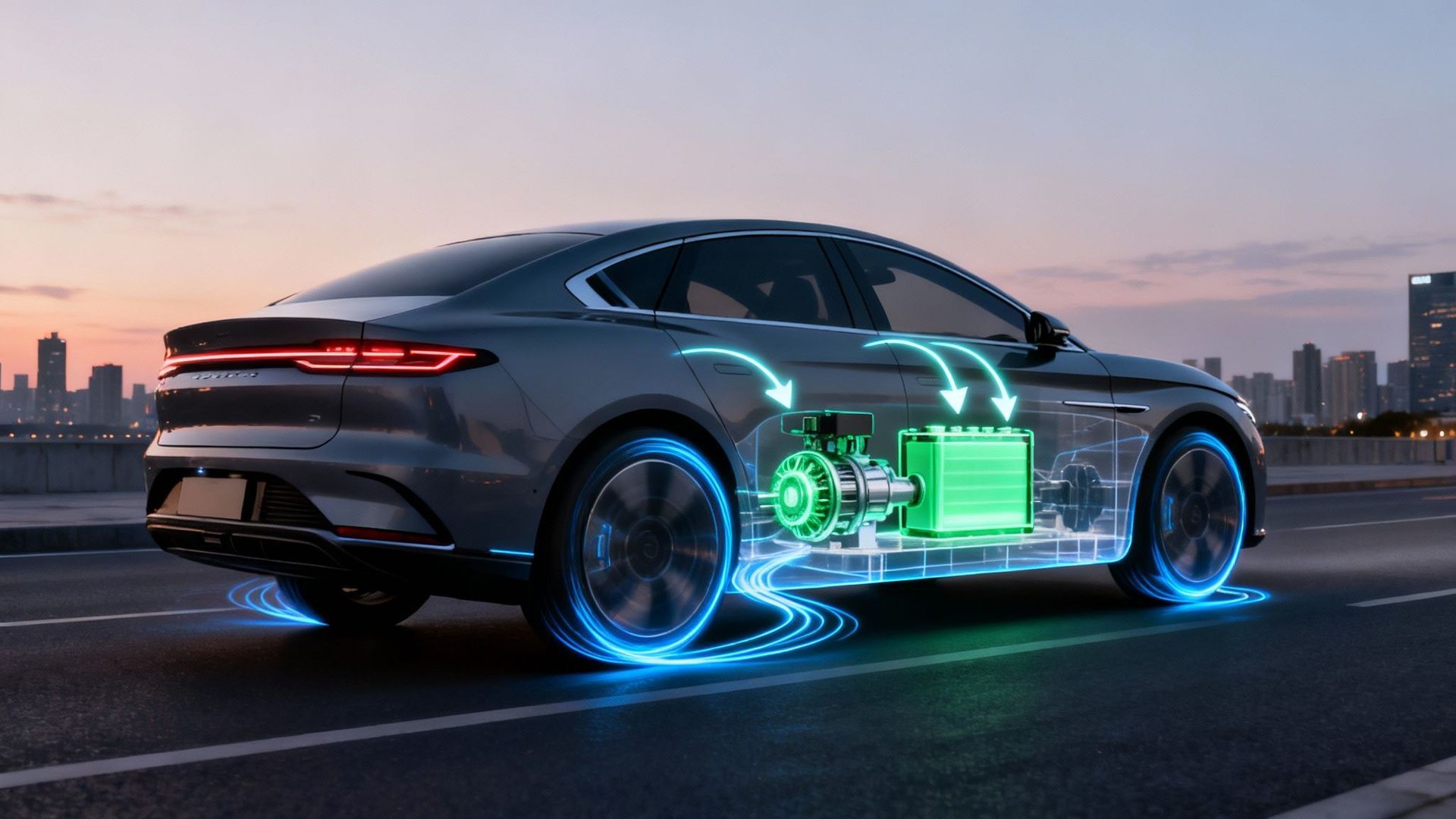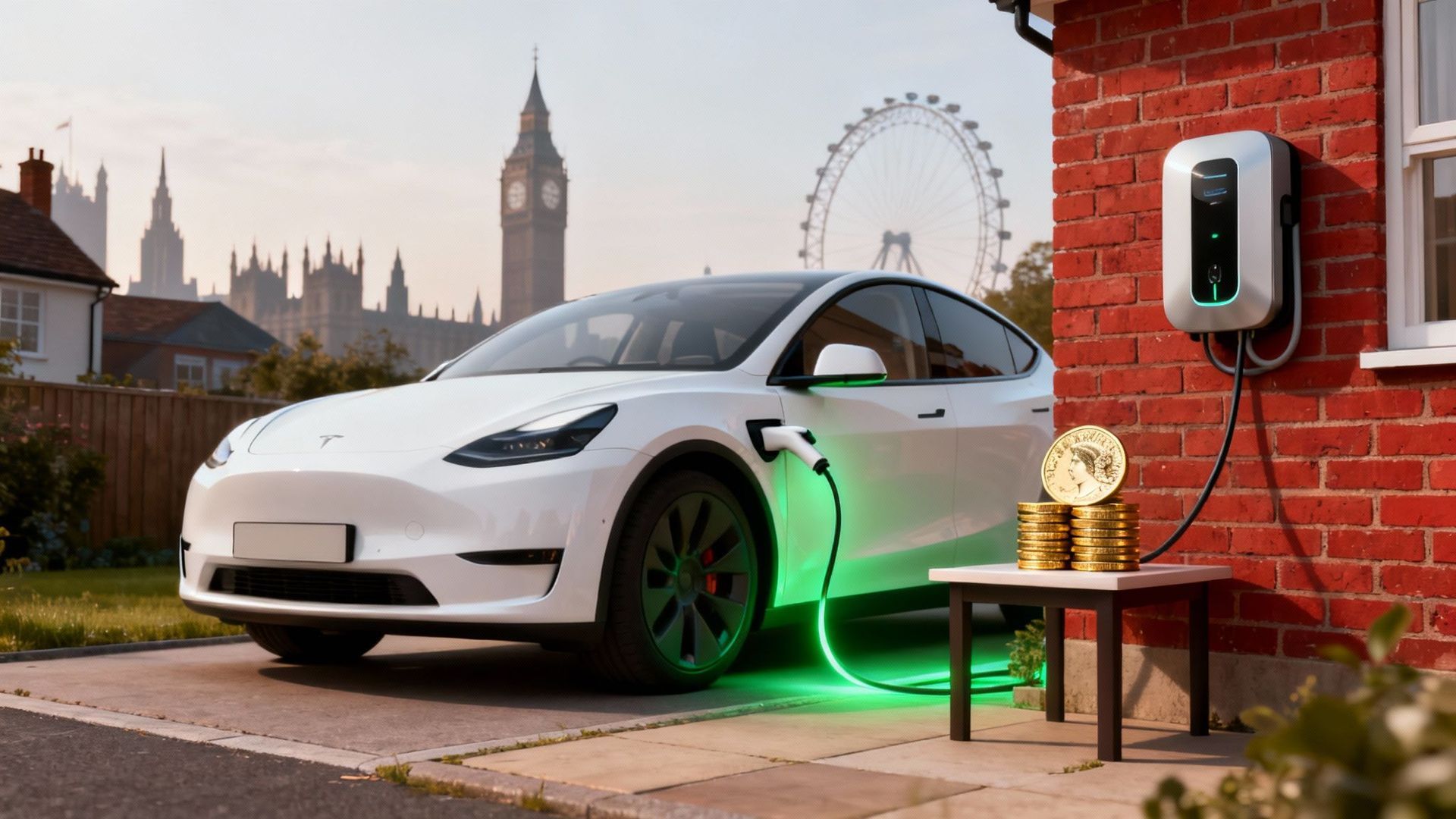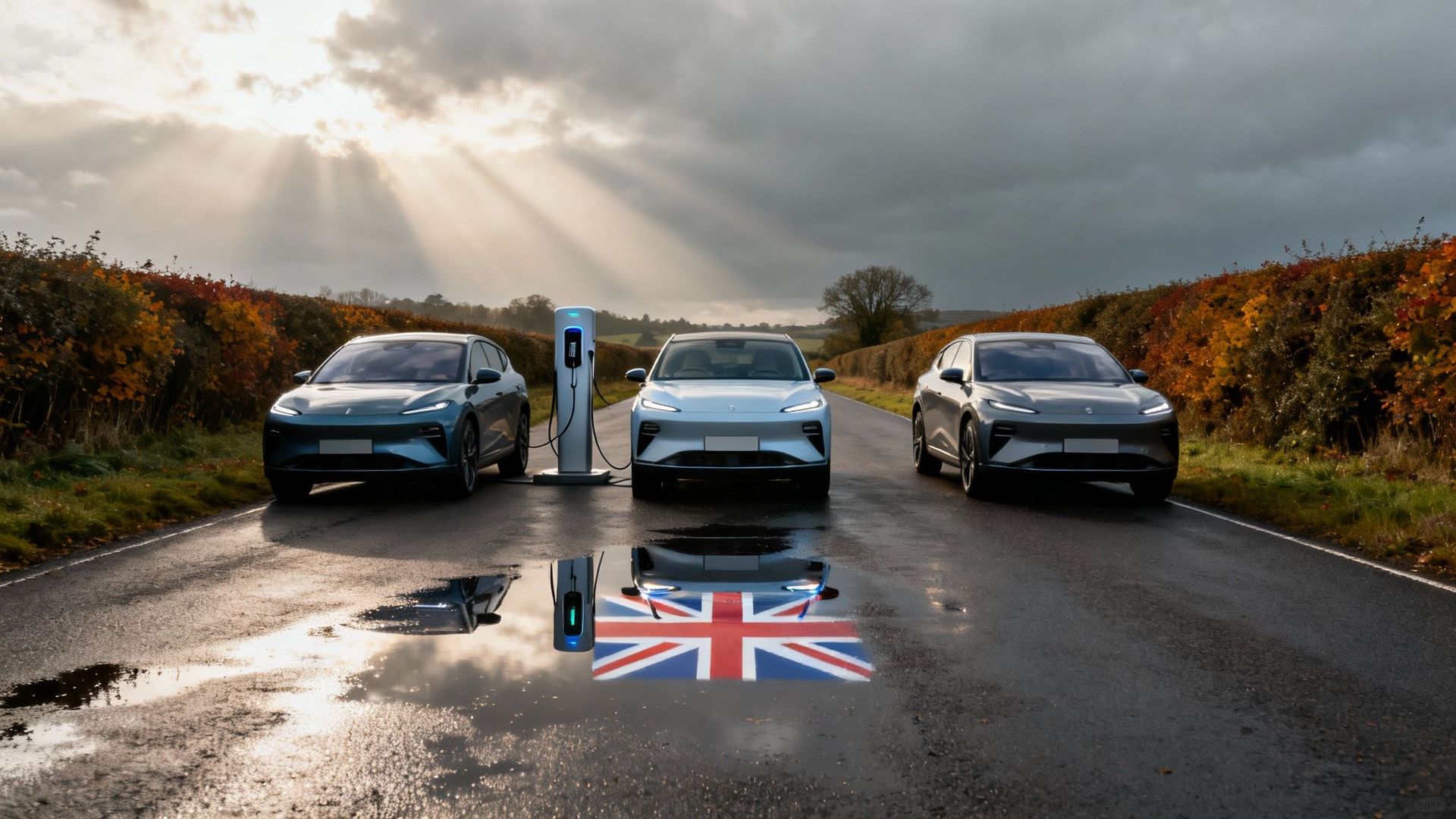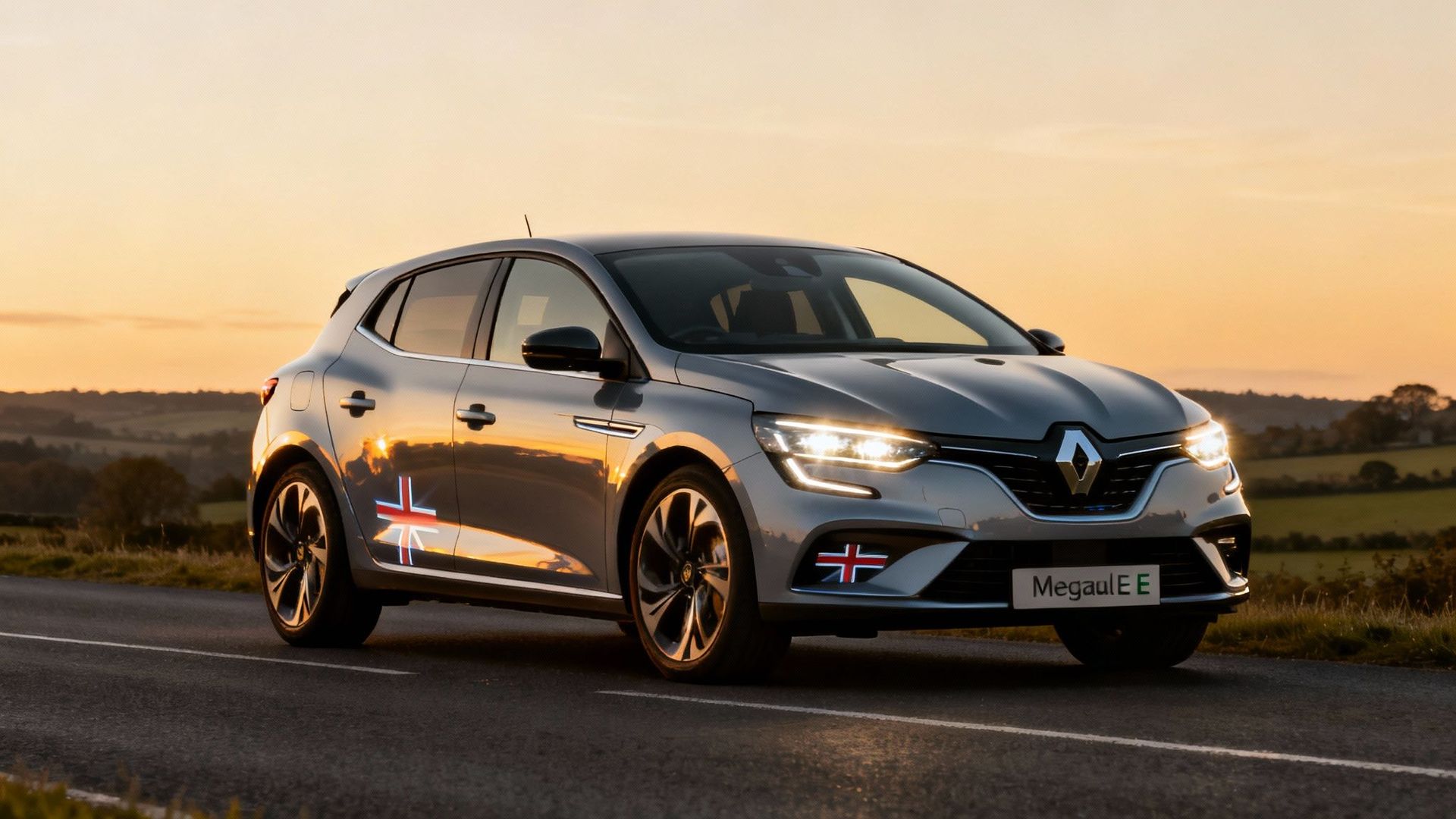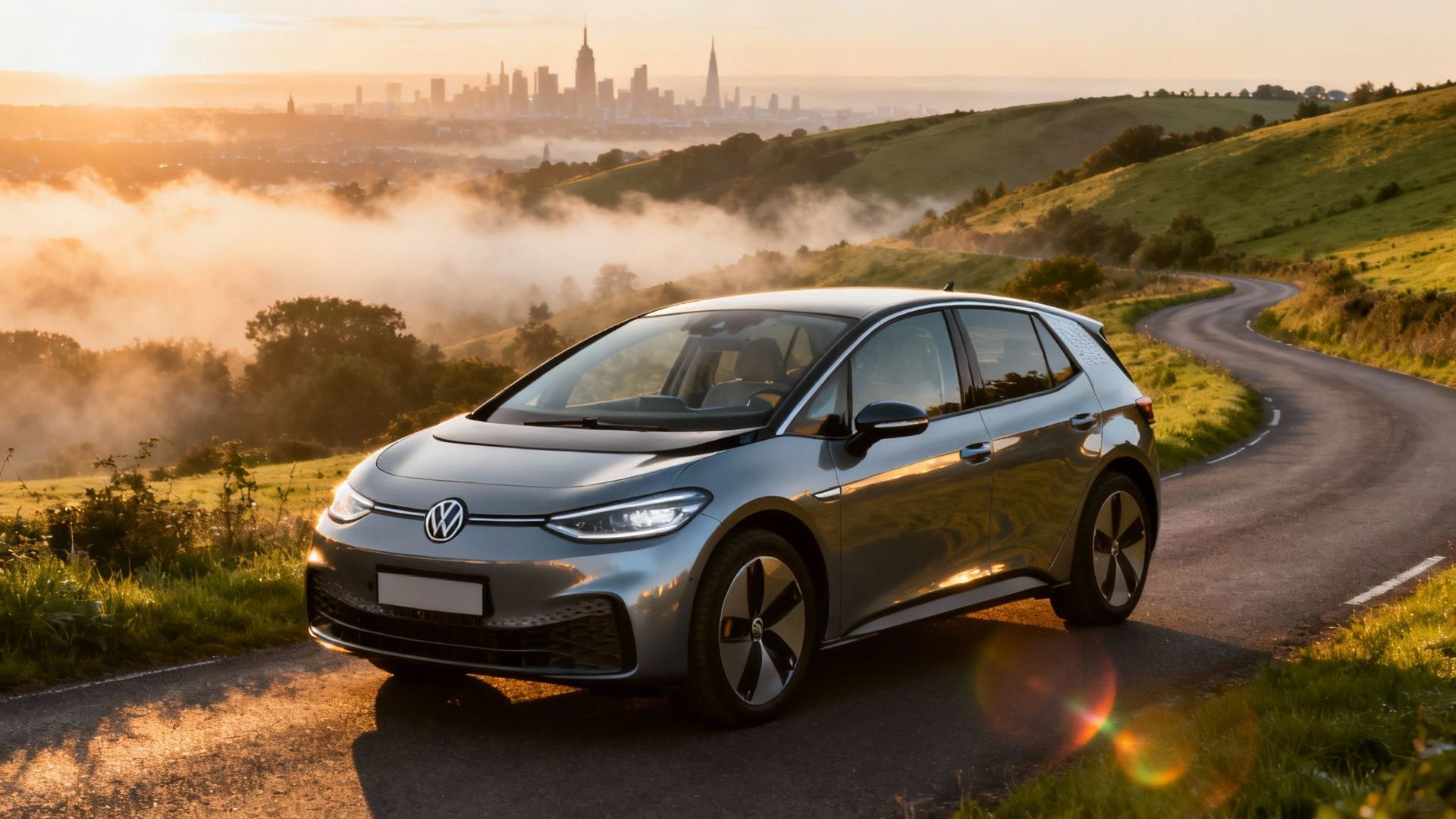The Role of EVs in Reducing Urban Pollution - A Cleaner Future for Cities
Driving Change: How Electric Vehicles are Paving the Way for Cleaner and Healthier Cities
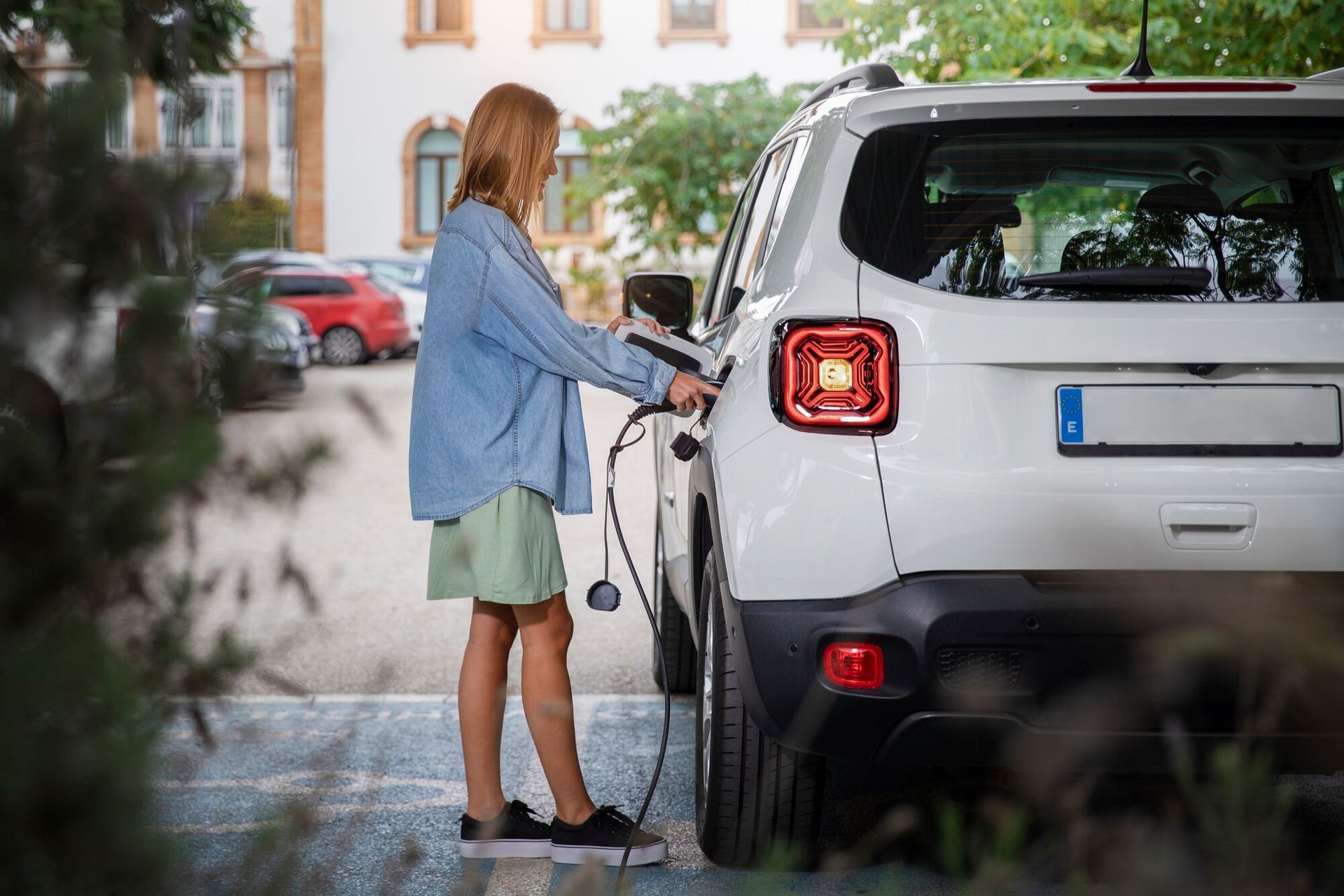
The Role of EVs in Reducing Urban Pollution - A Cleaner Future for Cities
As cities become denser and air pollution becomes a pressing concern, electric vehicles (EVs) present a groundbreaking solution for creating cleaner, healthier urban environments. For city planners, environmentalists, and policymakers, the integration of EVs is a key strategy to improve air quality and promote sustainable transportation. By adopting EVs, urban areas can significantly reduce harmful emissions, benefiting public health and contributing to a greener future. Join the movement towards zero emissions and be part of the transformation to cleaner cities, where the benefits of EVs are felt across communities. Explore how you can help shape a cleaner, more sustainable tomorrow with electric vehicles.
The Impact of Traditional Vehicles:
Health Risks from Exhaust Emissions
Exhaust emissions from internal combustion engine vehicles are a major contributor to urban air pollution. These emissions include toxic substances like nitrogen oxides (NOx), particulate matter (PM), and carbon monoxide (CO), which pose serious health risks. Exposure to these pollutants can lead to a range of respiratory conditions, cardiovascular diseases, and even premature death. According to the World Health Organization, air pollution is linked to an estimated 7 million deaths globally each year. Vulnerable populations, such as children and the elderly, are particularly at risk. In densely populated urban areas where vehicle traffic is high, the concentration of these harmful pollutants is significant, exacerbating health problems and reducing the quality of life. As urban centers continue to grow, addressing the health risks associated with exhaust emissions becomes crucial for protecting public health and enhancing city health.
Transportation's Role in Urban Pollution
Transportation significantly contributes to urban pollution, particularly in cities with high traffic density. Internal combustion engine vehicles are a primary source of nitrogen oxides (NOx) and particulate matter (PM), both of which are harmful to air quality and public health. In many urban areas, road traffic is the largest source of NOx emissions, which are linked to respiratory issues and environmental damage. The impact of these emissions extends beyond immediate health concerns, contributing to long-term climate change and environmental degradation. With transportation accounting for a large proportion of urban air pollution, it is evident that cleaner alternatives are essential. Governments and environmental organizations recognize the urgent need for sustainable transportation solutions, with electric vehicles emerging as a viable option to reduce urban pollution. By transitioning to cleaner transportation systems, cities can not only improve air quality but also enhance the overall quality of urban life.
How EVs Reduce Pollution:
Zero Tailpipe Emissions Explained
Electric vehicles (EVs) are powered by electricity rather than gasoline or diesel, which means they produce zero tailpipe emissions. This is a significant advantage over traditional vehicles, which release harmful pollutants such as nitrogen oxides (NOx) and particulate matter (PM) into the atmosphere. By eliminating these emissions, EVs contribute to improving air quality and reducing urban pollution. In cities with high traffic volumes, the adoption of EVs can dramatically decrease the concentration of pollutants that lead to smog and health issues. While the electricity used to charge EVs may still be associated with emissions, these are typically lower than those from internal combustion engines. Moreover, as the energy grid increasingly incorporates renewable sources like wind and solar, the carbon footprint of EVs continues to decrease. Thus, zero tailpipe emissions from EVs play a crucial role in promoting sustainable transportation and creating cleaner cities.
Renewable Energy and EVs
The integration of renewable energy into the power grid is pivotal in maximizing the environmental benefits of electric vehicles (EVs). While EVs themselves produce zero tailpipe emissions, the electricity used to charge them can still result in emissions, depending on the energy source. By increasing the share of renewable energy sources such as wind, solar, and hydropower, the overall carbon footprint of EVs can be significantly reduced. This shift not only enhances the sustainability of EVs but also supports broader goals for reducing urban pollution and addressing climate change. As renewable technologies become more cost-effective and widespread, the potential for clean energy to power EVs grows, offering a sustainable transportation solution. This synergy between renewable energy and EVs represents a transformative opportunity for cities to advance towards zero emissions and cleaner environments. Expanding renewable energy infrastructure is thus essential for realizing the full potential of EVs in creating sustainable urban ecosystems.
EV Adoption and City Health:
Health Benefits of Cleaner Air
The transition to electric vehicles (EVs) in urban areas brings significant health benefits, primarily through the improvement of air quality. Cleaner air results in fewer cases of respiratory diseases such as asthma and bronchitis, which are often exacerbated by pollutants from traditional vehicles. Additionally, reducing the levels of nitrogen oxides and particulate matter can lower the incidence of cardiovascular illnesses and reduce premature deaths. Vulnerable groups, including children and the elderly, are particularly protected as air quality improves. Furthermore, the economic burden associated with treating pollution-related health issues is alleviated, as fewer individuals require medical intervention for respiratory and cardiovascular conditions. By adopting EVs, cities not only enhance public health but also contribute to a decrease in healthcare costs. The health benefits derived from cleaner air underscore the importance of sustainable transportation solutions, making EV adoption a critical component in promoting healthier urban living environments.
Global Success Stories in EV Adoption
Several cities worldwide demonstrate the successful adoption of electric vehicles (EVs), showcasing their impact on urban health and sustainability. For instance, Oslo, Norway, is renowned for its high rate of EV ownership. The city has seen notable improvements in air quality and a reduction in pollution-related health problems. Such success is attributed to progressive policies, including substantial tax incentives and widespread charging infrastructure. Similarly, Shenzhen, China, has transitioned its entire public bus fleet to electric, significantly reducing urban pollution and setting a precedent for other cities to follow. These examples highlight the effectiveness of strategic government initiatives in promoting EV adoption. As a result, residents in these cities experience the direct benefits of cleaner air and improved public health. By learning from these global success stories, other cities can implement similar strategies to foster sustainable transportation, enhance air quality, and promote the health of their urban populations.
Find out more below:
https://www.voltsmonster.com/

